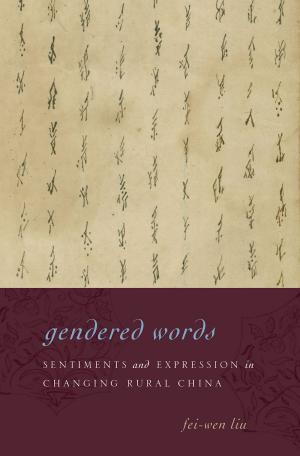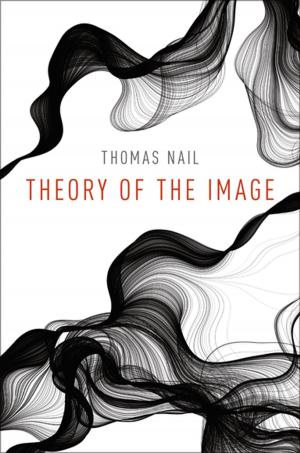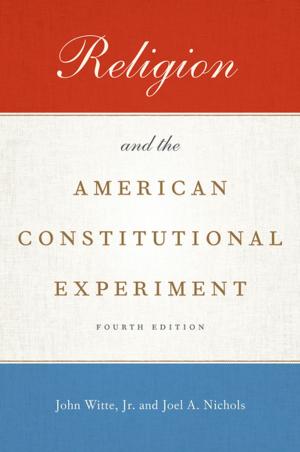Teaching Interreligious Encounters
Nonfiction, Religion & Spirituality, Reference, Comparative Religion, Theology| Author: | ISBN: | 9780190677589 | |
| Publisher: | Oxford University Press | Publication: | August 1, 2017 |
| Imprint: | Oxford University Press | Language: | English |
| Author: | |
| ISBN: | 9780190677589 |
| Publisher: | Oxford University Press |
| Publication: | August 1, 2017 |
| Imprint: | Oxford University Press |
| Language: | English |
In Teaching Interreligious Encounters, Marc A. Pugliese and Alexander Y. Hwang have gathered together a multidisciplinary and international group of scholar-teachers to explore the pedagogical issues that occur at the intersection of different religious traditions. This volume is a theoretical and practical guide for new teachers as well as seasoned scholars. It breaks the pedagogy of interreligious encounters down into five distinct components. In the first part, essays explore the theory of teaching these encounters; in the second, essays discuss course design. The parts that follow engage practical ideas for teaching textual analysis, practice, and real-world application. Despite their disciplinary, contextual, and methodological diversity, these essays share a common vision for the learning goals and outcomes of teaching interreligious encounters. This is a much-needed resource for any teacher participating in these conversations in our age of globalization and migration, with its attendant hopes and fears.
In Teaching Interreligious Encounters, Marc A. Pugliese and Alexander Y. Hwang have gathered together a multidisciplinary and international group of scholar-teachers to explore the pedagogical issues that occur at the intersection of different religious traditions. This volume is a theoretical and practical guide for new teachers as well as seasoned scholars. It breaks the pedagogy of interreligious encounters down into five distinct components. In the first part, essays explore the theory of teaching these encounters; in the second, essays discuss course design. The parts that follow engage practical ideas for teaching textual analysis, practice, and real-world application. Despite their disciplinary, contextual, and methodological diversity, these essays share a common vision for the learning goals and outcomes of teaching interreligious encounters. This is a much-needed resource for any teacher participating in these conversations in our age of globalization and migration, with its attendant hopes and fears.















